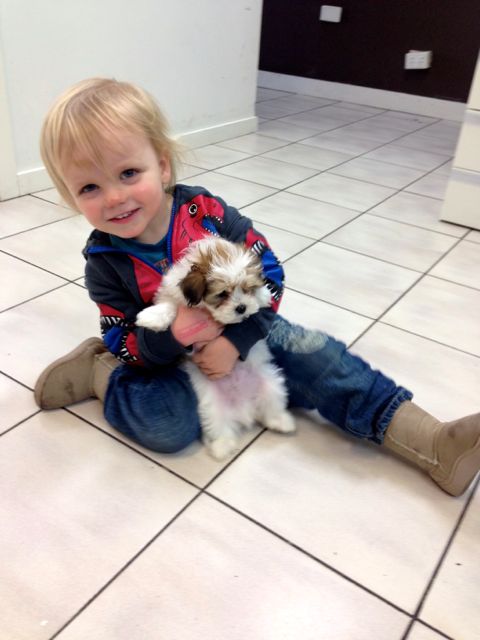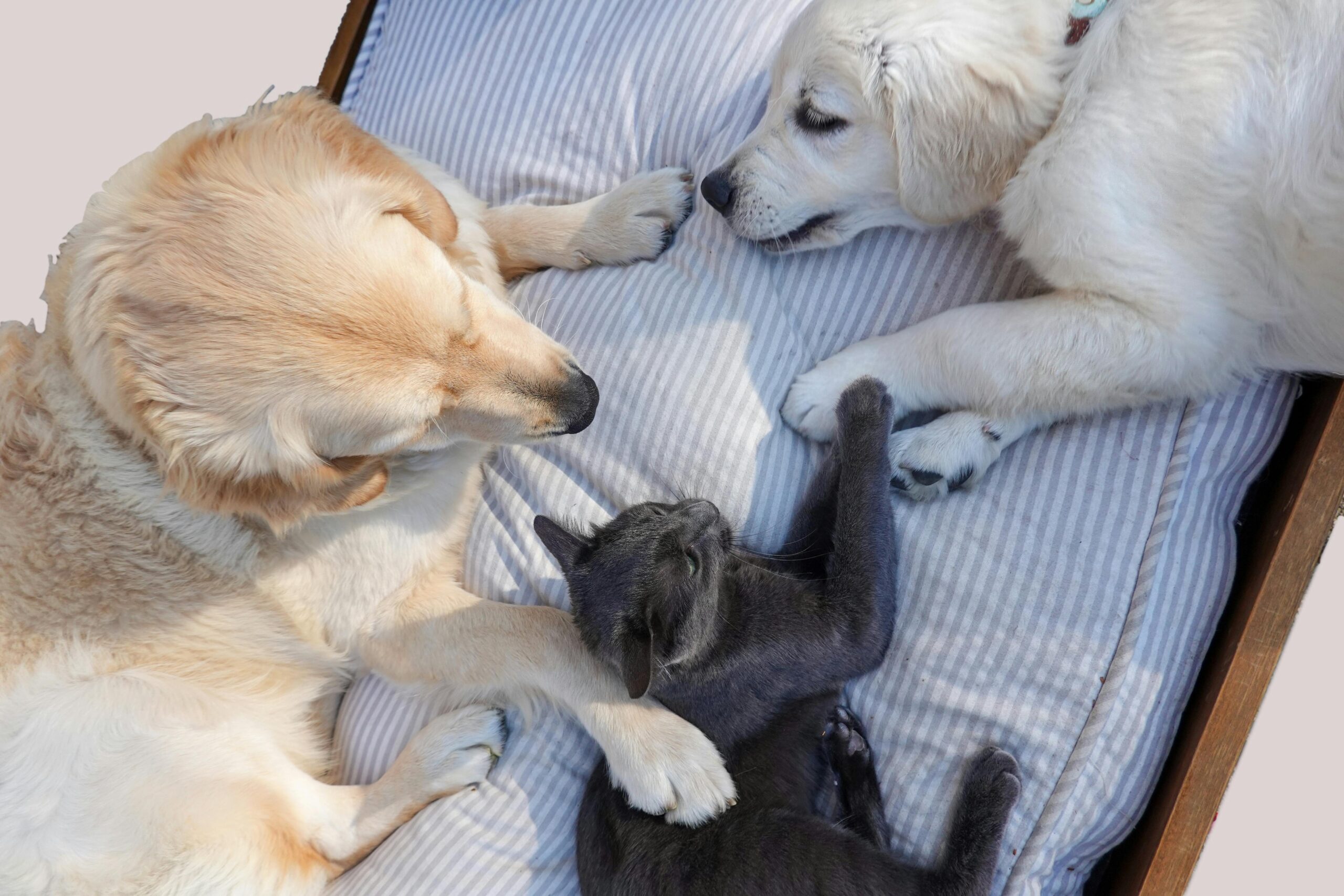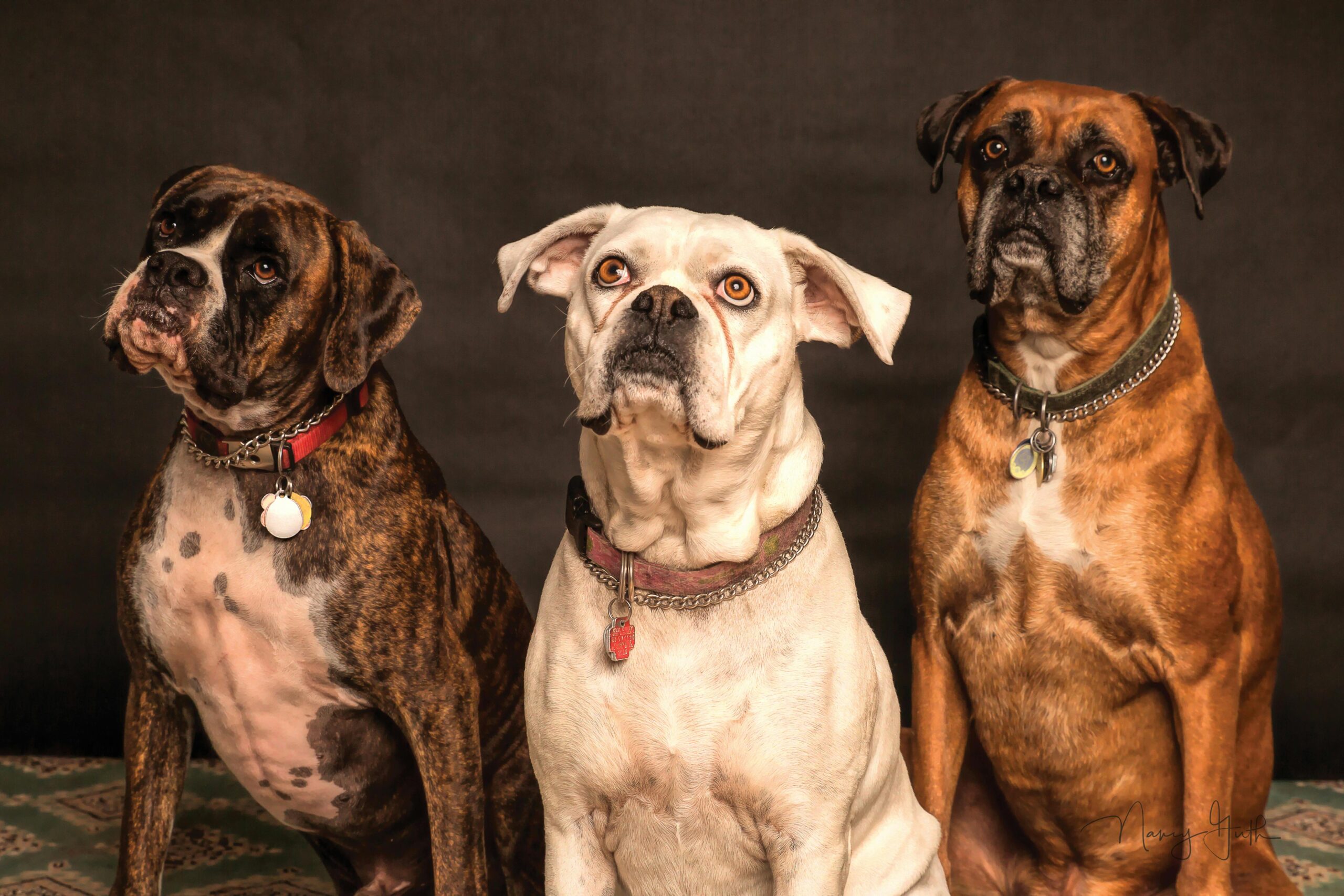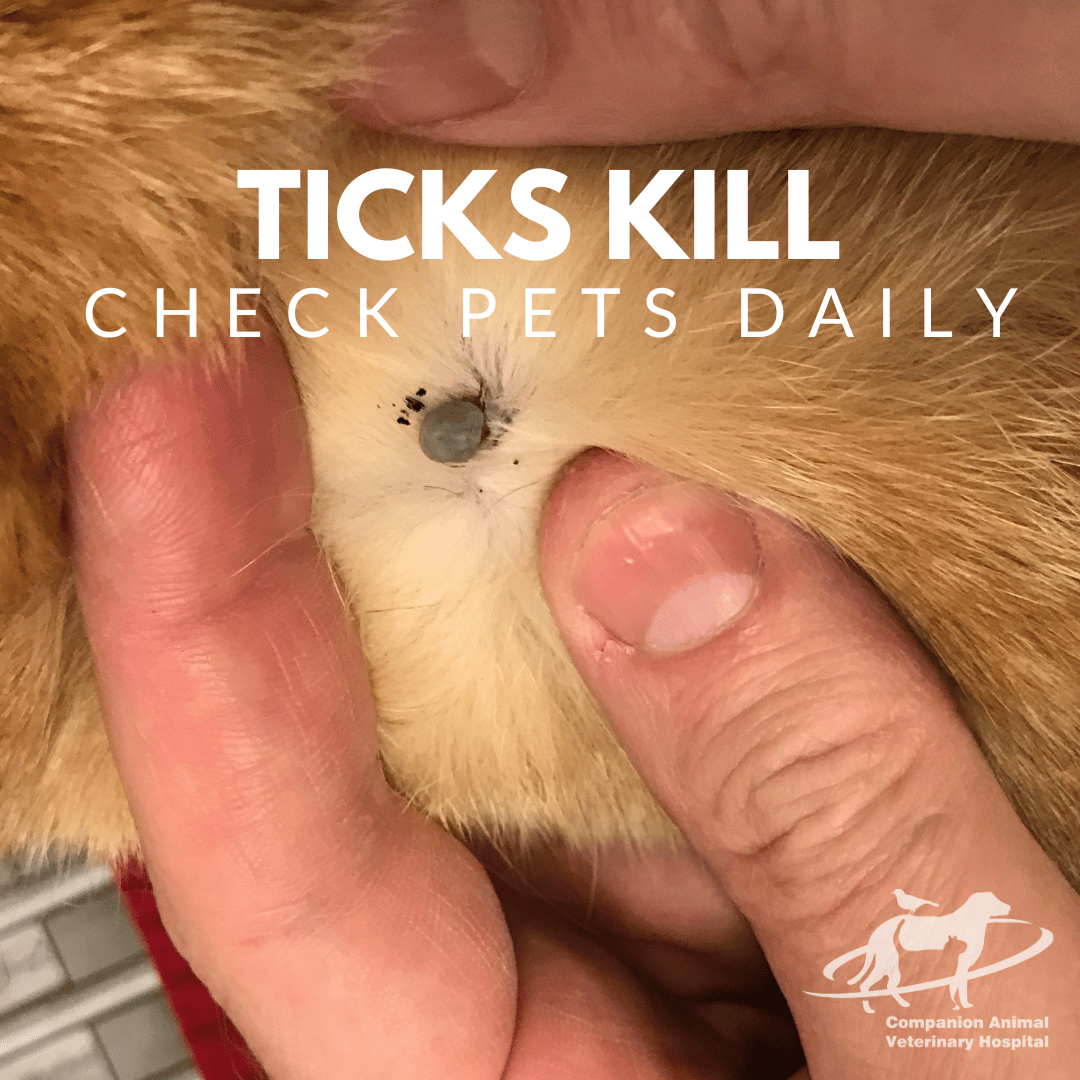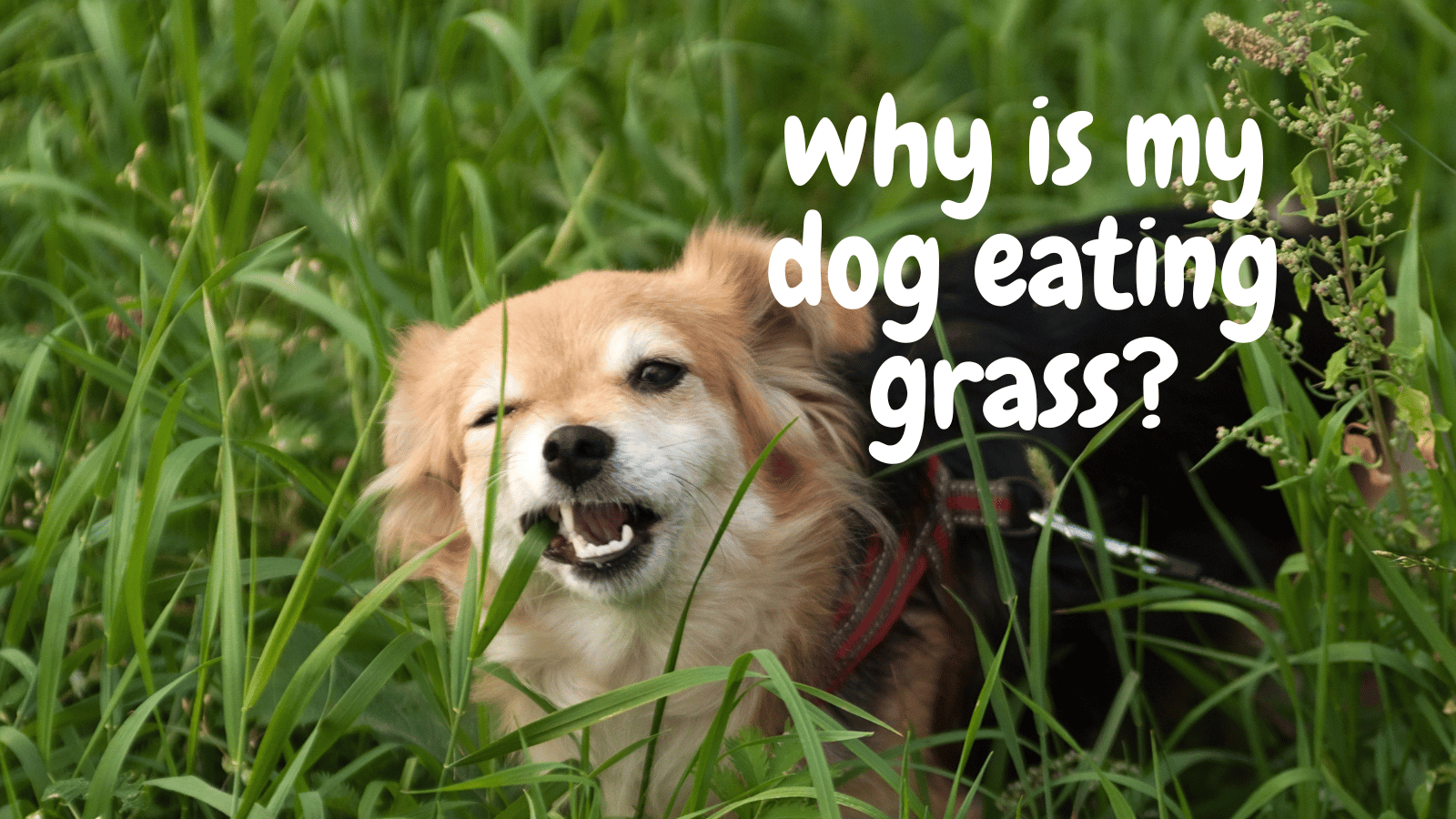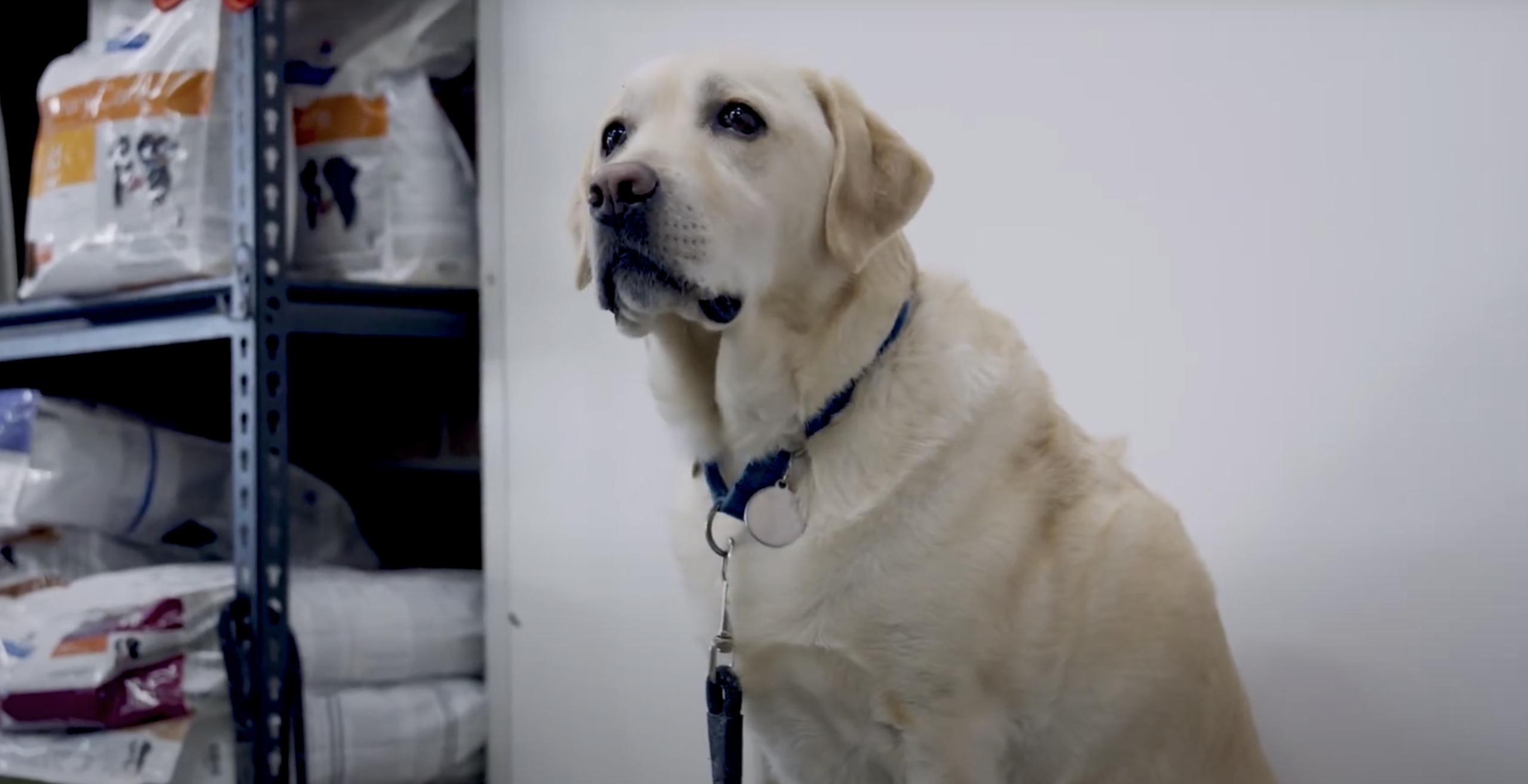What is socialisation?
Socialisation in puppies is when the puppy learns to get along with other pups, people and other species of animal which they are likely to come in contact with later in life.
They don’t neccessarily need to be best friends with these animals. A socialised pup might learn how to avoid getting scratched by a cat by leaving it alone and giving it space for example.
This video is the ultimate in socialisation between 2 different species:
Why is socialisation important?
- Behavioural issues are the most common cause of death in pups under 3 years of age. Many of these issues are prevented by good socialisation
- Unsocialised dogs are more fearful and are therefore much more likely to suffer from nuisance barking, fears and phobias, aggression and separation anxiety
- Socialised dogs are friendlier and nicer to play with.
When can socialisation occur?
The socialisation imprinting period occurs in young pups and finishes at 14 weeks. During this time positive experiences imprint on the pups brain. You should expose them to lots of positive experiences during this time such as:
- coming and having fun at the vets
- meeting strangers
- meeting lots of dogs
- meeting cats
- meeting any other species they are likely to come in contact with such as rabbits, horses or birds
Of course during this time the pups are vunerable to infectious disease especially parvovirus. It is a matter of weighing up the risks and benefits in each situation. In general you should:
- wait until your pup has at least had it’s first vaccination
- only visit friends and families dogs that are healthy & fully vaccinated and make sure that have never had any parvovirus in their yard in the previous 10 years
- take your pup to puppy preschool to get exposed to a positive experience in the veterinary practice and to mix with other pups.
How well have you socialised your puppy?
